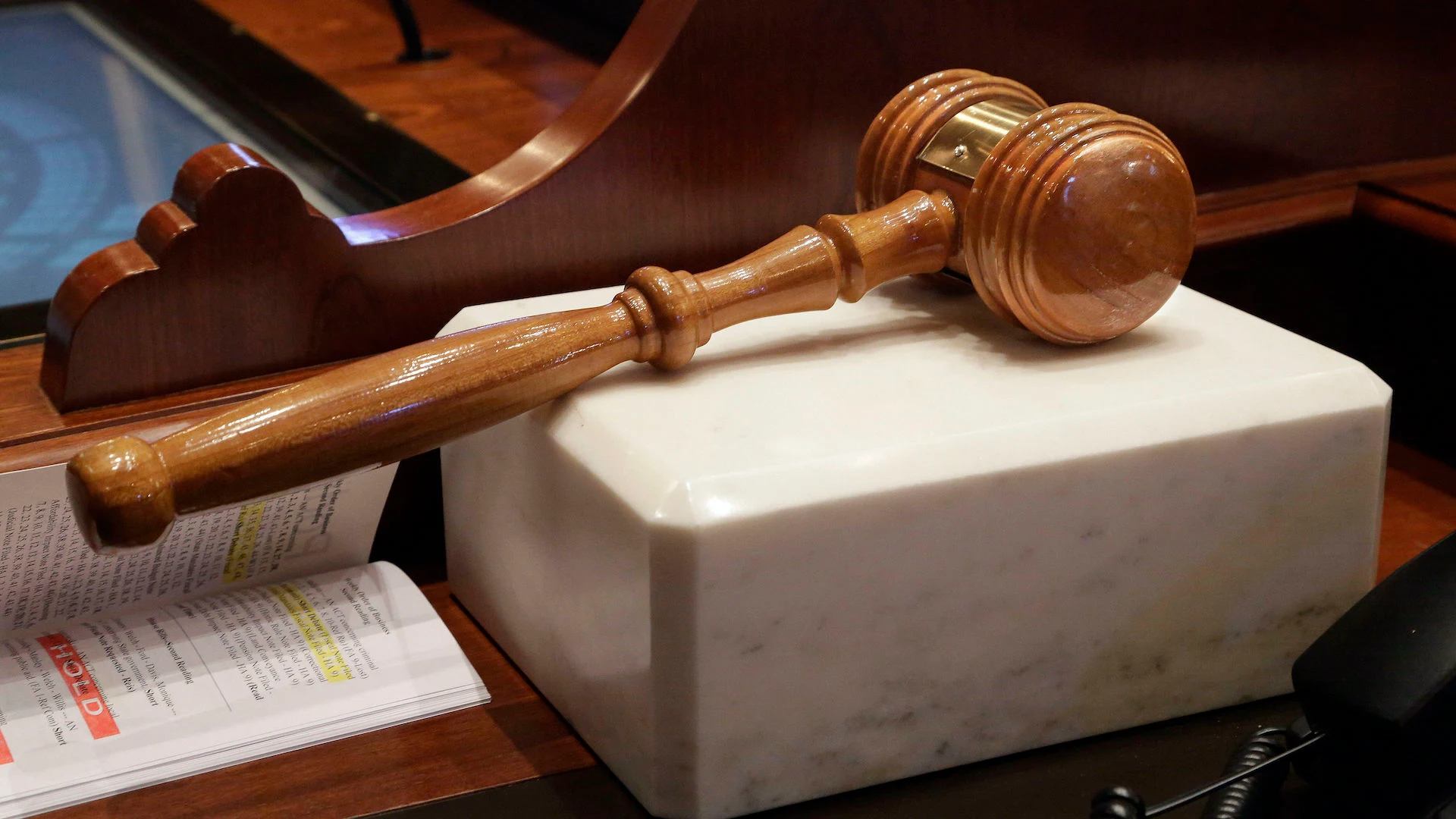
"The state laws take different approaches. Illinois and Nevada have banned the use of AI to treat mental health. Utah placed certain limits on therapy chatbots, including requiring them to protect users' health information and to clearly disclose that the chatbot isn't human. Pennsylvania, New Jersey, and California are also considering ways to regulate AI therapy."
"And many of the laws don't cover generic chatbots like ChatGPT, which are not explicitly marketed for therapy but are used by an untold number of people for it. Those bots have attracted lawsuits in horrific instances where users lost their grip on reality or took their own lives after interacting with them."
"Earlier this month, the Federal Trade Commission announced it was opening inquiries into seven AI chatbot companies - including the parent companies of Instagram and Facebook, Google, ChatGPT, Grok (the chatbot on X), Character.AI and Snapchat - on how they "measure, test and monitor potentially negative impacts of this technology on children and teens." And the Food and Drug Administration is convening an advisory committee Nov. 6 to review generative AI"
Several states have adopted different approaches to AI therapy, with Illinois and Nevada banning AI for mental health treatment and Utah imposing limits on therapy chatbots, including privacy protections and disclosure requirements. Other states such as Pennsylvania, New Jersey, and California are considering regulatory measures. App operators have responded variably, with some blocking access in banned states and others awaiting legal clarity. Many generic chatbots remain outside current laws despite being used for mental health and facing lawsuits tied to severe user harm. Federal agencies are probing chatbot impacts and planning advisory review of generative AI.
Read at Fast Company
Unable to calculate read time
Collection
[
|
...
]